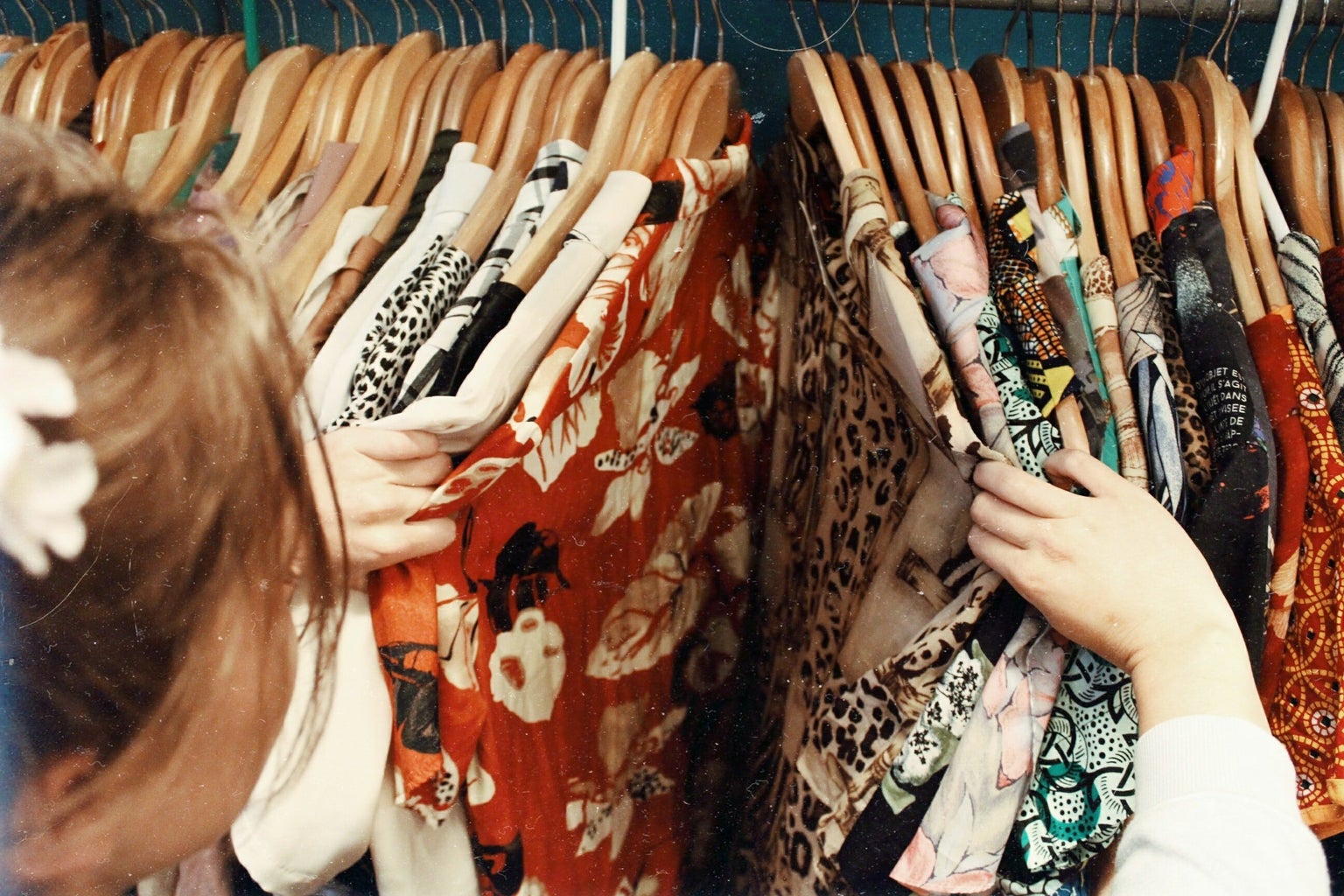SHEIN is an online-only retail company that has been branded as the “future of fast fashion.”
If you’re unfamiliar with the term ‘fast fashion,’ it’s basically when businesses sell trendy clothing for cheap by using mass production.
As a college student trying to save money, I too have been tempted to shop from fast fashion businesses such as SHEIN. It’s an easy decision to make, buying trendy clothes for less than ten dollars apiece. Based out of China, the United States is SHEIN’s biggest consumer and even has its own shopping app.
Because clothing prices are so cheap, it’s become a social media trend to buy a ton of clothes and then post a try-on haul review. Many influencers on platforms such as TikTok and YouTube use this as a way to get views and create fun content.
However, the entire model is suspicious. The attractiveness of giving into SHEIN’s profits begins to fall apart with the more layers you pull back into the fast fashion industry.
There is the question of whether fast fashion is the issue or if it’s the overconsumption aspect of companies, such as SHEIN, that raises concern.
The company has received backlash over the past couple of years, one of which included the selling of a necklace with a swastika symbol. While Shein did end up apologizing for their lack of cultural sensitivity, their motives are still questionable. This wasn’t even their first time selling items online that are highly offensive. Before the necklace, Shein had to issue an apology after receiving criticism for selling prayer mats as ‘decorative rugs’ for home decor. These prayer mats are sacred to kneel on, where shoes are off so that the prayer mat remains clean. After issuing an apology, Shein also announced that they were forming a product review committee with staff from different cultures and religions so that something like this wouldn’t happen again. And yet, it did.
Many retail businesses have also accused Shein of copying their designs. Designer Mariama Diallo is the founder of the luxury women’s clothing line, Sincerely Ria, and was shocked to find out that SHEIN had stolen one of her designs. In a tweet responding to this, Diallo blasted the company over how, “They couldn’t even change ONE thing and now it’s one of their highest selling items.”
OK, so SHEIN copies other people’s designs and is culturally insensitive to events such as genocide. You might still say, “SO WHAT? It’s still trendy clothing for a cheap price.”
Well if that’s not enough, then maybe the fact that SHEIN contributes to the decline of the Earth’s environment will help change your mind.
The Council for Textile Recycling (CTR) is the U.S.’s leading nonprofit dedicated to textile recycling. They focus on spreading awareness and reducing the amount of used clothing and other post-consumer textile waste. CTR found that the average American throws away 70 pounds of clothing and other textiles each year. Additionally, an article published by The New York Times explains that “more than 60 percent of fabric fibers are now synthetics” which means that when thrown away, these fabrics do not decay when dumped in a landfill.
From a business standpoint, most companies will engage in what will make the most profit, and rightly so. However, as consumers of these products, the responsibility is in our hands to be aware of the fashion industry’s loopholes and cheaper tendencies.
Can’t get enough of HC UMass Amherst? Be sure to follow us on Instagram, listen to us on Spotify, like us on Facebook, and read our latest Tweets!




